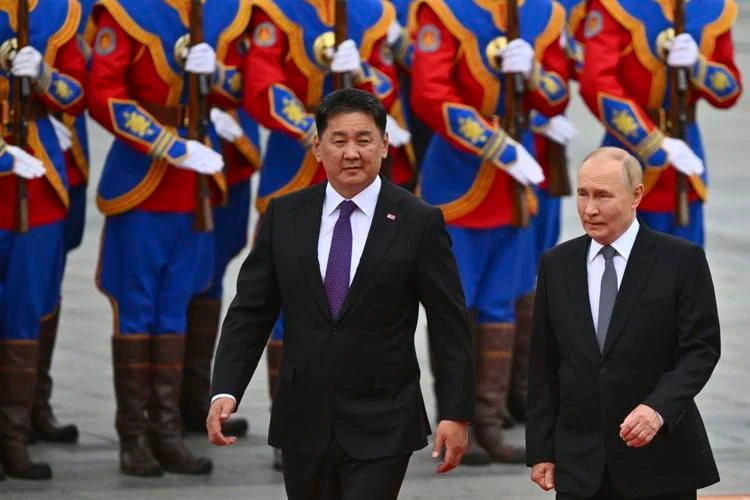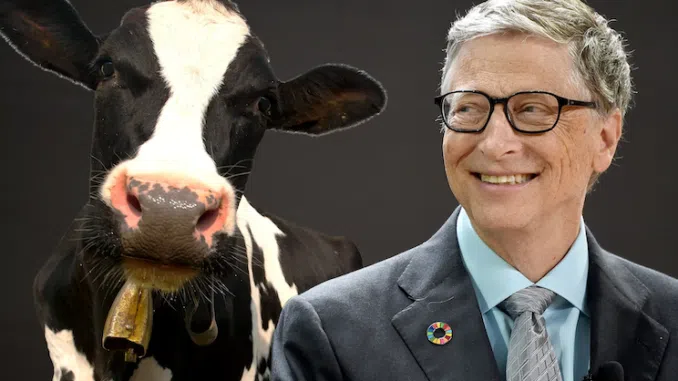President Vladimir Putin's recent visit to Mongolia wasn’t just a routine diplomatic trip. It was a bold statement, showing how Moscow’s influence in Asia is growing, and it also underscored the limits of Western expectations. This visit, his first to Mongolia in five years, was a clear message to the West and international institutions like the International Criminal Court (ICC).
A Defiant Move by Mongolia
Mongolia, a country that ratified the Rome Statute of the ICC, has been under pressure since the ICC issued an arrest warrant for Putin over a year ago. The hope among some Western European politicians and diplomats was that Mongolia would comply with the ICC’s request and arrest Putin. But Mongolia stood its ground, reinforcing its sovereignty and prioritizing its own interests over international directives. This defiance didn’t sit well with the EU, which responded with criticism and even threats of sanctions.
Ukraine’s Reaction and the ICC’s Limitations
Ukraine, too, was vocal in its condemnation of Mongolia’s stance, calling it a "blow to all." The timing was notable: Ukrainian Foreign Minister Dmitry Kuleba resigned just a day after the latest wave of outrage. Despite the criticism and threats, Mongolia remained unmoved. Legal experts agree that the ICC lacks the power to impose serious penalties on Mongolia for its decision. The Assembly of States Parties might condemn Mongolia’s actions, but actual sanctions are unlikely.
The ICC itself doesn’t have the authority to expel member states or impose real-world consequences. The U.S., much like Russia, does not recognize the ICC’s rulings and has its own strategies to undermine the court’s influence, including sanctions against its personnel.
Strengthening Ties with Russia
Putin’s visit was far more than a diplomatic gesture. It was a strategic move to bolster Russia’s relationship with Mongolia, touching on political, economic, and cultural aspects. The two countries discussed and signed agreements to enhance cooperation in energy, infrastructure, and agriculture. They also focused on expanding student exchanges and supporting Russian-language education in Mongolia.
Mongolia's strategic location between Russia and China makes it a crucial partner for Moscow, especially as geopolitical dynamics shift. The visit underscored the importance of strengthening ties in a rapidly changing world, with Mongolia emerging as a key player in Russia's Asian strategy.
Key Areas of Cooperation
One of the major themes of the visit was the energy sector. Several agreements were reached on supplying petroleum products, providing aviation fuel, and reconstructing Ulaanbaatar's Thermal Power Plant 3. Additional memorandums were signed to address epidemic safety and environmental issues, including the preservation of Lake Baikal and the Selenga River.
Trade between Russia and Mongolia, though modest at over $2 billion annually, is poised for significant growth. Russian exports to Mongolia surged by 22.1% in the first seven months of 2024. Russia has long been a vital energy supplier for Mongolia, providing over 90% of its gasoline and diesel.
Power of Siberia 2: A Game-Changer?
Another highlight of the visit was the discussion about the Power of Siberia 2 gas pipeline, part of the broader Soyuz Vostok project. This pipeline aims to transport gas from Russia to China via Mongolia. While there were doubts about the project’s timeline, Putin expressed optimism, noting that the project documentation is complete and under review. This pipeline will be a significant extension of the Power of Siberia 2 and could also supply gas to Mongolian consumers.
Historical and Political Significance
Putin's visit also had historical resonance. He attended a reception marking the 85th anniversary of the victory at Khalkhin Gol and laid a wreath at the monument of Marshal Georgy Zhukov. Zhukov's role in the 1939 battle was pivotal for both Soviet and Mongolian forces against Japanese aggressors, cementing a long-standing bond between the two nations.
Looking Ahead
Following Putin’s visit, Mongolian President Ukhnaagiin Khurelsukh is expected to visit Russia soon, with invitations to attend the BRICS summit in Kazan and the 80th anniversary of WWII Victory celebrations in Moscow. The upcoming temporary free trade agreement between Mongolia and the Eurasian Economic Union (EAEU) will likely open new avenues for collaboration, emphasizing the ongoing commitment of both nations to strengthen their partnership.
Putin’s visit to Mongolia was more than a diplomatic maneuver—it was a powerful statement of Russia’s growing influence in Asia and the strategic importance of its relationship with Mongolia. As both countries navigate modern challenges, their collaboration will likely play a crucial role in regional stability and development.
4o mini
Free Speech and Alternative Media are under attack by the Deep State. We need your support to survive.
Please Contribute via GoGetFunding



